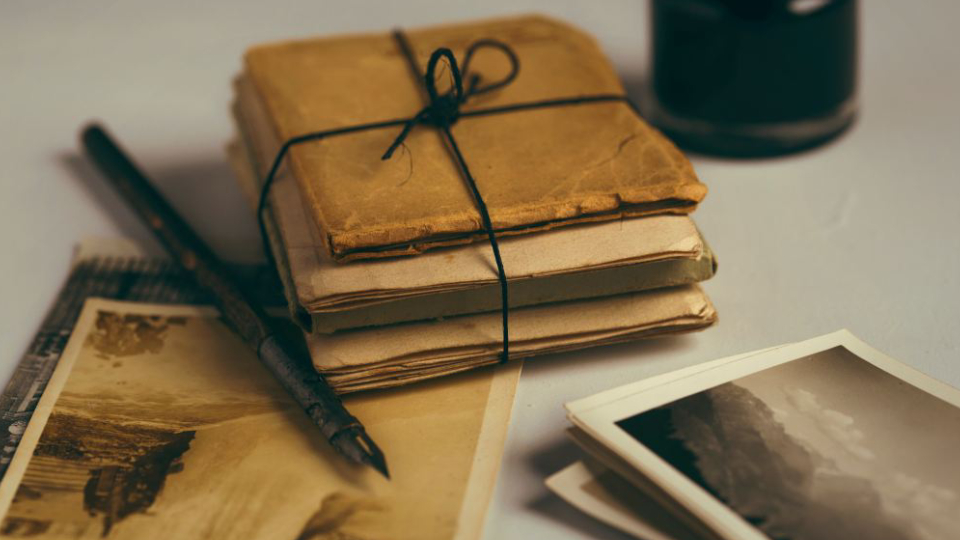Organise the research
Genealogy is now one amongst favourite hobbies in America but it is definitely not the least irritating or frustrating. Having spent some days on the same you could soon think of stamp and coin collecting as more attractive. Though it may be tedious, there are amazing means to make this easier. And if you are patient and diligent you will be able to get much more information. The key to this is organising your research well. You can start chopping your family tree and making copies of primary documents. Then you can create separate folders for the different branches of your family tree. Creating babies on the computer for the research is very beneficial. A research log will also help you keep track of all that you have searched and the services that you have used. Keep reviewing your research. You should always check your information against primary documents. Mention the source for each of the document which includes where you got them from and what they are about. Keep analysing your records and when you have a bunch of them collected you can also find a new perspective or clue. Keep aside the records that contradict each other. Make note of this information and try to find out why there is a conflict.
Look in the right places
Do not restrict yourself to the resources on the Internet. Not all documents are found in popular databases like ancestry. Although ancestry does add new records regularly you can keep checking back for new information once every couple of months. You can check some of the best references for books. There are some books which are very heavily used by visitors at the Milstein division. These books have much invaluable information about genealogy and throw open new paths for you. It’s important to visit multiple places for your research. For example if you are in the New York City you need to research at the NYPL Milstein division and visit the NYC municipal archives and the National archives at NYC. Other places that you can visit are the New York historical Society and Family History Centre.
Check vital records and other books
Look beyond census reports and check other vital records like military, criminal, cemetery, land and property and other community newspapers. You can also go through problem-solving books in genealogy.

